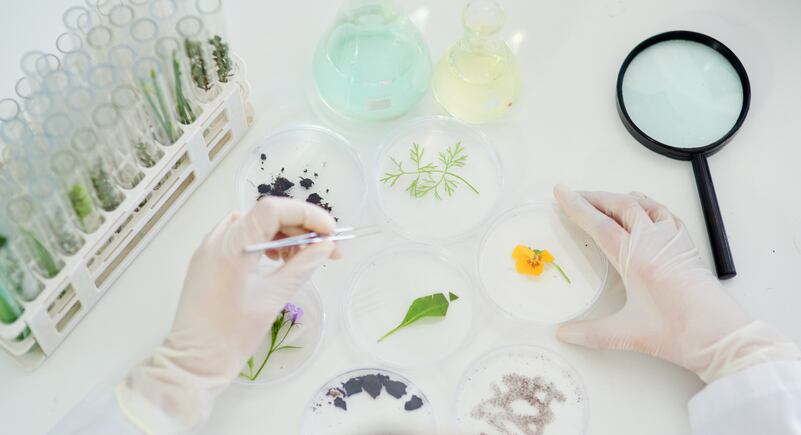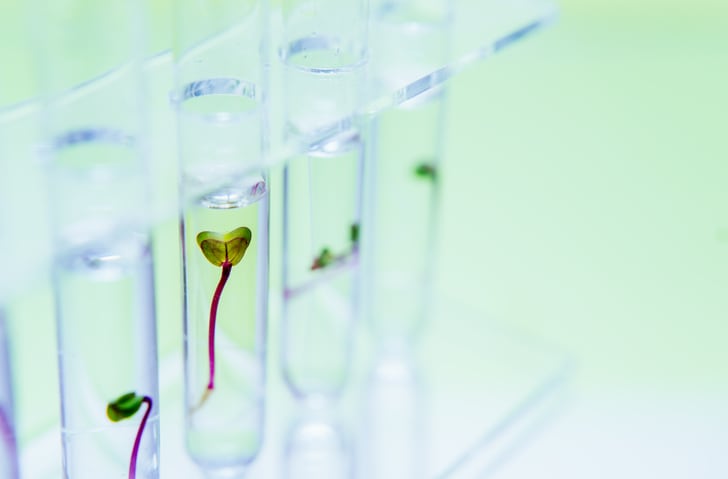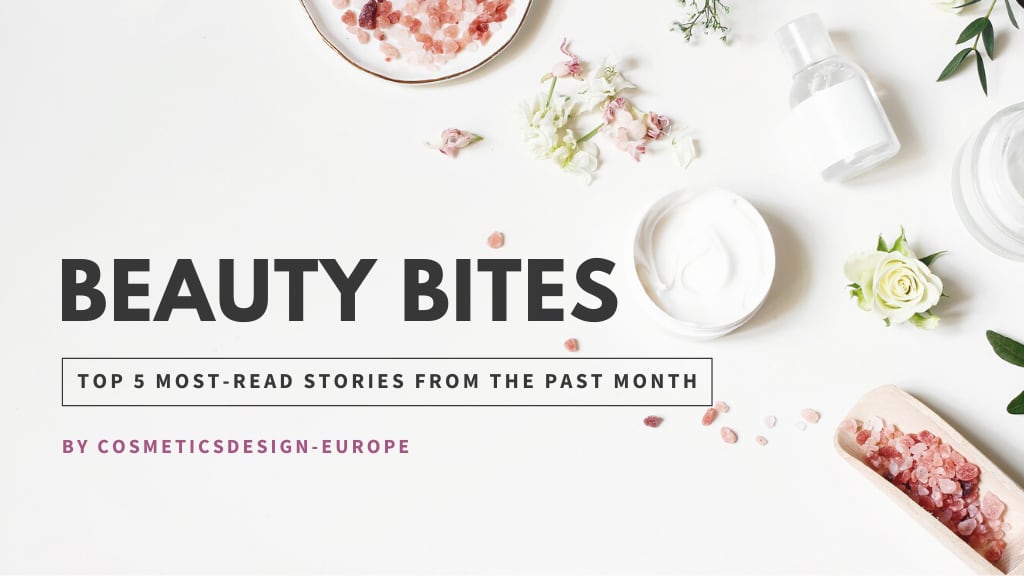Writing in Pharmacological Research – Modern Chinese Medicine, researchers from Beijing China investigated the potential presented by natural ingredients in developing anti-allergic cosmetics for sensitive skin – a rising issue amongst men and women worldwide.
Findings from the review showed a “progressive increase” in the number of natural products identified as potential anti-allergic raw materials for cosmetics. And this, the researchers said, created promise for future strategies in developing anti-allergic cosmetic products.
Anti-inflammatory, antihistamine, skin barrier repair and TRPV1 inhibitors
“While many people have sensitive skin, at present, there is a lack of research on natural anti-allergy ingredients,” the researchers wrote.
However, they said there were plenty of advantages in using plant extracts for active ingredients in cosmetics, including safety as well as good absorption and thus “pronounced and functional” cosmetic effects. “In addition, plant extracts are widely available, and their mechanism of action is highly targeted. Therefore, using natural plant extracts in cosmetics is an imminent trend in market development,” the researchers wrote.
For anti-allergy purposes, they said many natural extracts offered important functions such as skin barrier repair, TRPV1 inhibition, antihistamine activity and anti-inflammatory activity.
For skin barrier repair, the researchers said the tamarind plant [Tamarindus indica Linn.] offered a physical barrier protection; the European blueberry [Vaccinium myrtillus L.] helped repair damaged skin; oat kernel [Avena sativa L.] relieved itching and reduced irritation; the chicory plant [Cichorium intybus L.] suppressed allergic reactions; the root of the Chinese peony flowering plant [Paeonia lactiflora] enhanced the expression of skin barrier genes; and the root of the Ophiopogon evergreen plant [Ophiopogonis Radix] could inhibit inflammatory responses.
Plants offering TRPV1 inhibiting properties included magnolia bark [Magnolia officinalis]; the Asiatic pennywort [Centella asiatica L.]; and saffron [Crocus sativus L.]. And for natural antihistamine power, extracts of the coastal scrub simpleleaf chastetree [Vitex trifolia]; Japanese honeysuckle [Lonicera japonica Thunb.]; and root extracts of the Stepania tetranda perennial vine [Stephania tetranda] offered proven effects.
There was also an array of plants offering anti-inflammatory properties, such as the leaf extract of ginkgo [Ginkgo biloba]; the common purslane [Portulaca oleracea]; Japanese mugwort [Artemisia princeps]; the trifoliate orange [Poncirus trifoliata]; purple coneflower [Echinacea purpurea]; the greater burdock [Arctium lappa]; Scots pine [Pinus sylvestris Linn.]; danshen [Salvia miltiorrhiza Bunge]; and the beta-glucan Lentinan isolated from Shiitake mushrooms.
‘Insufficient’ anti-allergy targeted research
“Anti-allergic plants are mainly anti-inflammatory, antibacterial, and free radical scavengers and can be used to strengthen the skin barrier,” the researchers said. However, “insufficient” research in the anti-allergy field meant few applications using these plant extracts specifically targeted this space, they said.
Despite this, there remained plenty of promise to advance efforts in this space, they said.
“We have summarised natural anti-allergy products, mainly introducing their mechanism of action and their application in cosmetics, providing suggestions for developing products or functional raw materials for cosmetics and thereby enriching the anti-allergy raw material pool,” the researchers concluded in the review.
Source: Pharmacological Research – Modern Chinese Medicine
Published online ahead of print, doi: 10.1016/j.prmcm.2022.100117
Title: “Anti-allergic activity of natural plant products for the treatment of sensitive skin: A review”
Authors: M. Guo et al.




